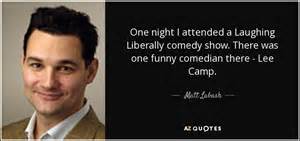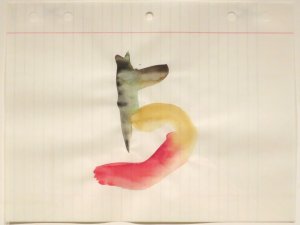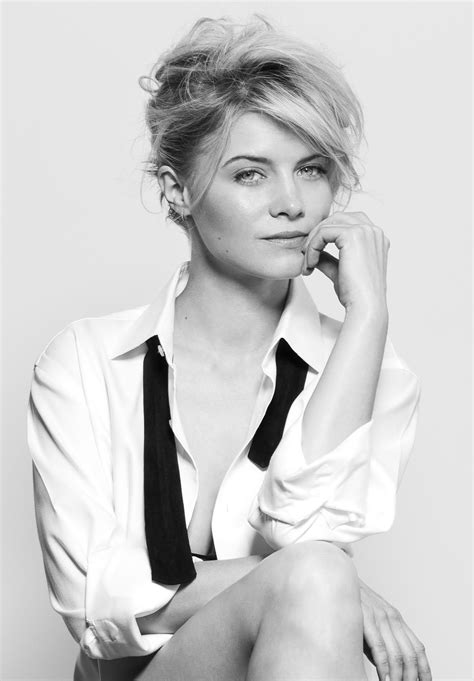A Quote by Trevor Paglen
I think of my visual work as an exploration of political epistemology: the politics of how we know what we think we know.
Quote Topics
Related Quotes
I think I've yet to do the big heave is because New York editors tend to think D.C. guys like me want to do political stories. And I hate politics for its own sake. Politics are so... I don't know, political. Which is an odd thing for a guy to say, I suppose, who has worked at a political magazine for fourteen years.
I think there's this great disconnect between youth culture and politics, which is a product of how our capitalist system works. I mean, a lot of the kids I know are really politically involved. They really care about politics. I think we're going to have an incredible impact on how politics end up shaking this country.
If you're going to be a visual artist, then there has to be something in the work that accounts for the possibility of the invisible, the opposite of the visual experience. That's why it's not like a table or a car or something. I think that that might even be hard for people because most of our visual experiences are of tables. It has no business being anything else but a table. But a painting or a sculpture really exists somewhere between itself, what it is, and what it is not-you know, the very thing. And how the artist engineers or manages that is the question.
Every time I think I’m getting smarter I realize that I’ve just done something stupid. Dad says there are three kinds of people in the world: those who don’t know, and don’t know they don’t know; those who don’t know and do know they don’t know; and those who know and know how much they still don’t know. Heavy stuff, I know. I think I’ve finally graduated from the don’t-knows that don’t know to the don’t-knows that do.
I think there is a debate in the arts about, you know, whether we must strive for art for art's sake, and you know, kind of try to keep political debate out of our work. And to that I say, I'd like you to show me an example of, you know, this so-called apolitical art. I don't think there's any such thing.
I can't define myself as a political writer - I don't think I've earned it, and I don't function as a political writer in the way that many of the writers I admire do. It's not simply a question of context, of where I'm writing from - there is much in American society that urgently needs to be written about. I think your work is always engaged with politics in the looser sense of the word - and that looseness is itself a kind of privilege - because politics and culture are evidently intertwined.
I've been offered political shows before, and I don't know anything about politics and I feel uncomfortable making political opinions - there's consequences to them. I often think I'm wrong, so I really don't like getting in political or religious discussions because of the giant possibility that I might be wrong.
Every time I think that political analysts and writers will finally recognize that most of them don't understand much about political polls, they prove me wrong. They don't know how to read them; they don't understand the importance of cross tabs within a given poll, and they don't know how to analyze them.
I have talked to more people who are in politics who have said to me, "[House of Cards] is closer than you can imagine. It's the most accurate description of how politics actually works that we've ever seen." I mean, West Wing - beautiful, wonderful idea of how democracy should work. But I've had more people in politics say they think House of Cards is closer. I - don't know whether to take that as a compliment or a sad state of affairs.
I do think that an understanding of contemporary work in the cognitive sciences has a profound effect on how one views the workings of the mind. It doesn't work the way we pretheoretically think it does. Such an understanding, of course, should have a large effect on one's views in philosophy of mind, but also in epistemology.
What we're starting to see is a quantum biology, it being applied in biology and cosmology and a host of other sciences, because it does really pertain to how we know. It really helps bring epistemology, which is how do we know what we know, out of the realm of philosophy and brings it into the realm of science.








































